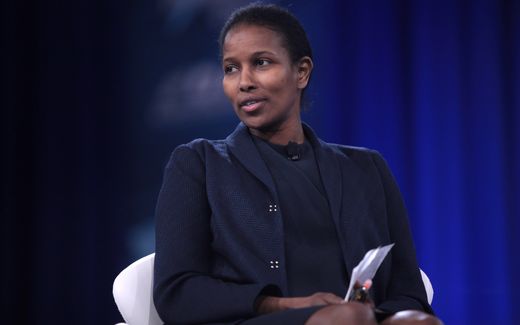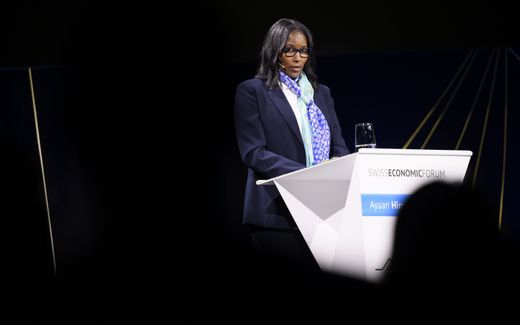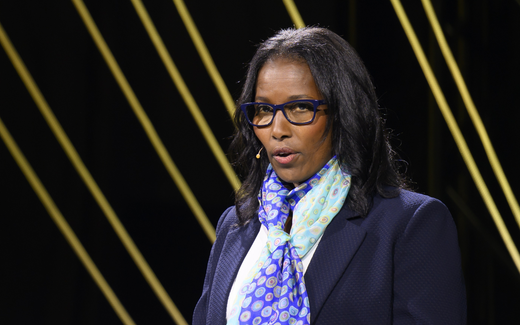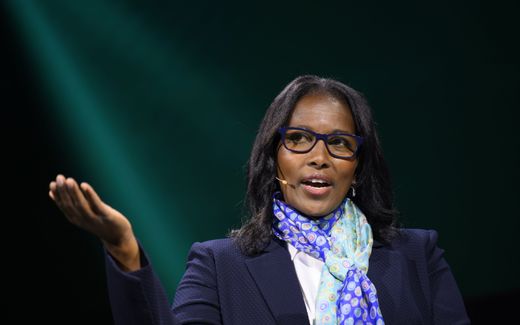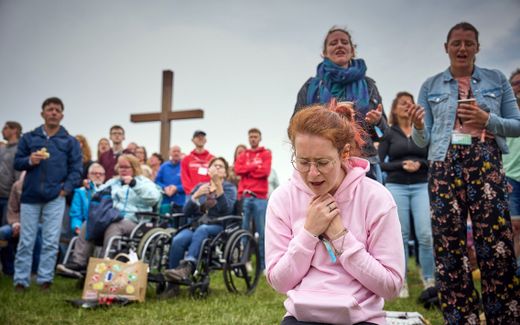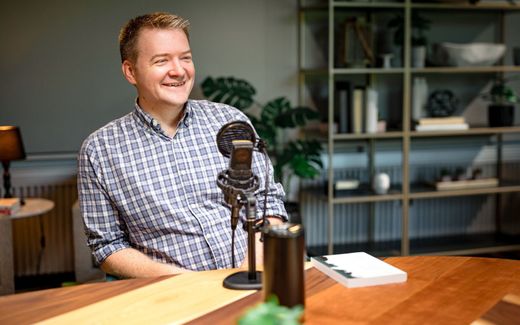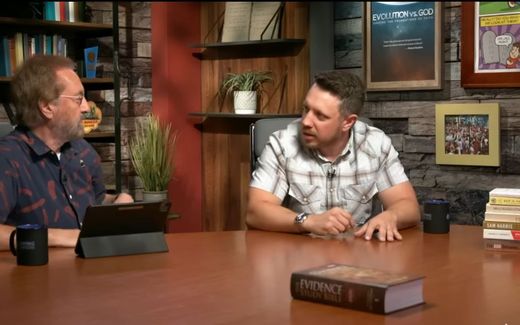Ayaan Hirsi Ali has now become a Christian conservative
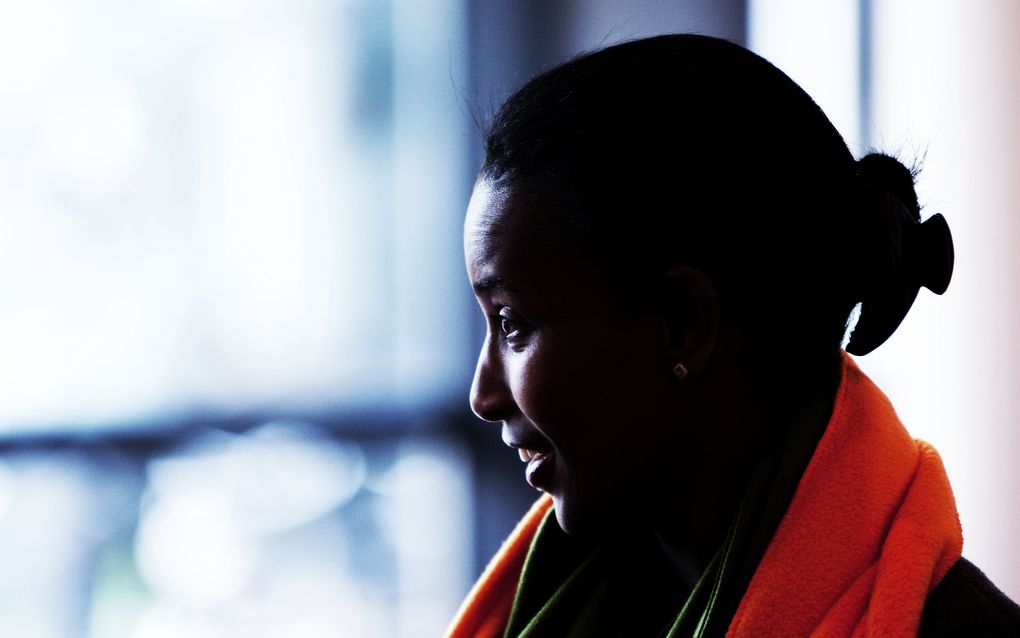
Ayaan Hirsi Ali. Photo ANP, Robin Utrecht
Christian Life
As a consequence of her recent conversion to the Christian faith, Ayaan Hirsi Ali now openly supports the political position of Christian conservatism. We need Christianity to fill the post-Christian God-hole in our European societies, is now her position. And, according to her, we must rewrite our Constitutions and embark on a project of nation-building to cope with the Islamist threat.
Stay up to date with Christian news in Europe? Sign up for CNE's newsletter.
Ayaan Hirsi Ali (born in 1969) may be among the world’s best-known activist intellectuals. Born in Somalia, she fled to the Netherlands in 1992. After her studies at the University of Leiden, she became a member of the Dutch Social Democratic Party (PvdA) and even worked for this party’s think tank. At that time, she was still a Muslim.
9/11 changed her life. She realised that this horrific attack was committed in the name of her religion, and concluded that this religion was wrong and inhuman. She turned into an outspoken and militant atheist, proclaiming the need for a “liberal jihad” against the Islamic jihad, and became a member of the Dutch parliament for the Dutch Liberal Party (VVD).
In 2006, Ayaan left the Netherlands for the United States, where she worked as a fellow of the American Enterprise Institute. She now runs her own AHA Foundation, defending freedom and fighting for a world free from illiberalism and oppressive practices. In the United States, she married the renowned historian Niall Ferguson and became the mother of two sons.
Civilisation
In November 2023, Ayaan surprised the world by announcing that she had become a lapsed atheist and had converted to Christianity. With this significant change, Ayaan may very well belong to the vanguard of a growing group of mainly young people who convert to Christianity.
“I have also turned to Christianity because I ultimately found life without any spiritual solace unendurable.”
In an essay entitled “Why I am now a Christian”, she gave her reasons for giving up atheism and becoming a Christian. Her main argument at that time was that atheism can’t equip us for civilisational war. In Ayaan’s view, “Western civilisation is under threat from three different but related forces: the resurgence of great-power authoritarianism and expansionism in the forms of the Chinese Communist Party and Vladimir Putin’s Russia; the rise of global Islamism, which threatens to mobilise a vast population against the West; and the viral spread of woke ideology, which is eating into the moral fibre of the next generation.”
The West cannot fend off these threats with modern, secular tools, Ayaan argued. She wrote that we can only defend ourselves when we have a clear idea of what unites us.
And this unifying story cannot consist of filling the God-hole with the “jumble of irrational, quasi-religious dogma” but with the legacy of the Judeo-Christian tradition. “That legacy consists of an elaborate set of ideas and institutions designed to safeguard human life, freedom and dignity – from the nation-state and the rule of law to the institutions of science, health and learning. As Tom Holland has shown in his marvellous book “Dominion”, all sorts of apparently secular freedoms –of the market, of conscience and the press– find their roots in Christianity”, Ayaan showed.
But there is more than this rather opportunistic argument to embrace Christianity. “I would not be truthful if I attributed my embrace of Christianity solely to the realisation that atheism is too weak and divisive a doctrine to fortify us against our menacing foes”, Ayaan believes. “I have also turned to Christianity because I ultimately found life without any spiritual solace unendurable — indeed, very nearly self-destructive. Atheism failed to answer a simple question: what is the meaning and purpose of life?”
“Real safety for women comes from Christian conservatism.”
She concluded her essay with this elegant paragraph: “That is why I no longer consider myself a Muslim apostate, but a lapsed atheist. Of course, I still have a great deal to learn about Christianity. I discover a little more at church each Sunday. But I have recognised, in my own long journey through a wilderness of fear and self-doubt, that there is a better way to manage the challenges of existence than either Islam or unbelief could offer.”
Neoconservatism
In a recent interview published in the Dutch weekly EW (formerly Elsevier’s), Ayaan not only defended her critique of Islam (“The emptiness of the Left has been filled up by Islamism”) but also positioned herself as a political conservative. Threatened not only by Islamists but also by Vladimir Putin’s Russia and Xi Jinping’s China, the West must restore its foundations and the “fountain of ideas” that created these foundations, she argued. “In my view, Christianity is the answer”.
She now frankly confesses that she is a Christian conservative. She clearly distinguished this type of conservatism from the neoconservatism of the Bush era and also from Donald Trump’s “transactional conservatism”.
Her new view of conservatism also deepened her feminism and her take on women’s rights. “Real safety for women comes from Christian conservatism. What have the progressives achieved? They extinguished women instead of helping them. They now even question the concept of “woman” and want to call us “people with a womb”. This is something that Christian conservatism will always fight against. Christian morality provides the best protection for both men and women.”
“We have tried to disentangle Christian faith and political philosophy to create a post-Christian world. This experiment hasn’t worked. The hole always remains. And all kinds of things try to fill this gap.”
Fate
One of the ideologies trying to fill this gap is Islamism, the radical and political movement within the Muslim world. Ayaan fears that the Constitutions of most Western countries will not be able to cope with this Islamist threat, which ultimately wants to take over democracy. “These constitutions were written in a completely different time and age, with different conflicts and challenges. Back then, the discussion was about the religious freedom of protestants and Catholics, different denominations within Christianity.”
To cope with the challenge of Islamism, constitutions need to be rewritten, and a project of nation-building has to be unrolled, Ayaan thinks. “You want to integrate immigrants into your society, into your history. Into your nation’s fate. No, not into the country where they come from, but into this country.”
Ayaan is currently working on a book about the intricacies of her spiritual journey, in which she will address all questions about her conversion. It will not be a political pamphlet but a personal testimony. Until the publication of this book, she will not answer any new questions about the significant change in her life.
Related Articles


